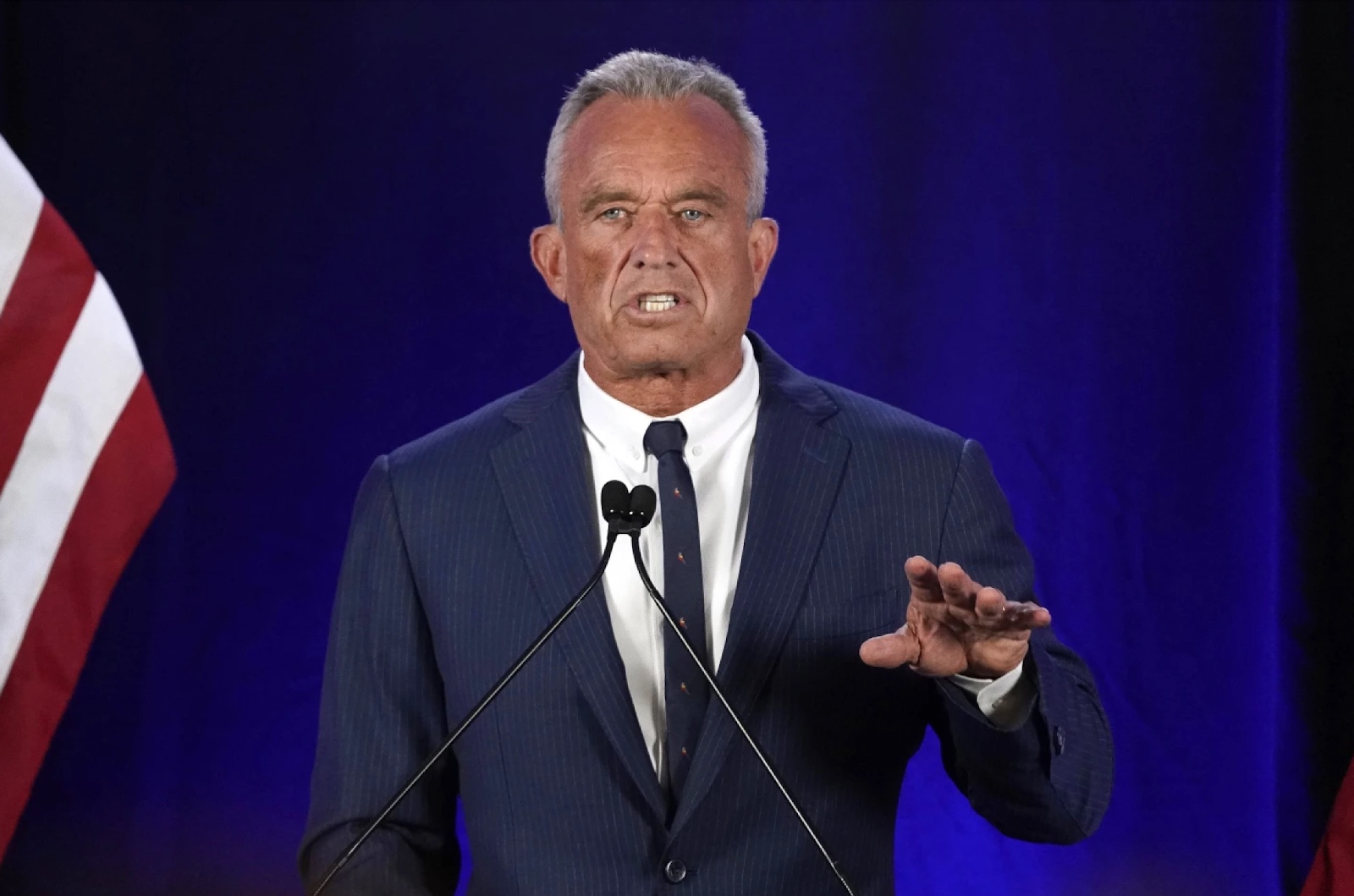The cavities in RFK Jr.’s war on fluoride

Robert F. Kennedy Jr., a polarizing political figure, has declared war on fluoride.
As President-elect Donald J. Trump continues to appoint members to his Cabinet, Kennedy, the nominee for Secretary of Health and Human Services, has begun to share his preliminary plans for his role via the social media platform X.
Kennedy has previously declared anti-vaccination sentiments, specifically centered around the long-debunked myth that vaccination in children can lead to autism, as well as several conspiracy theories surrounding vaccines’ relationship to the Holocaust.
Now, the former environmental lawyer has turned his focus to fluoridated water. Kennedy posted on his X account on Nov. 2 claiming that in his cabinet position, he would urge Trump to remove fluoride from all public water supplies.
Story continues below advertisement
“On Jan. 20, the Trump White House will advise all U.S. water systems to remove fluoride from public water,” Kennedy said. “Fluoride is an industrial waste associated with arthritis, bone fractures, bone cancer, IQ loss, neurodevelopmental disorders and thyroid disease. President @realDonaldTrump and First Lady @MELANIATRUMP want to Make America Healthy Again.”
Public health officials disagree with his stance that fluoride has negative health effects.
Dr. Gary Miller, associate chair and professor of the health and exercise department at Wake Forest University, upholds that fluoride should be kept in the water supply.
“[Fluoride] helps to make the teeth stronger and prevents [bacteria growth]. [Studies have shown] that when communities have removed [fluoride] from their water supply, dental care needs, specifically in children, have increased,” Miller said.
Miller believes that the issue of fluoride is intertwined with social equity. For underprivileged communities who don’t have access to dental care, a small amount of fluoride could be pivotal for their dental health.
“Think about most Wake Forest students: they live a privileged life,” Miller said. “Cavities are not a big thing for them. For underprivileged students and children, it can lead to a lot of issues, infections and poor nutrition habitats.”
Alan Fowler, the water treatment superintendent for the City of Winston-Salem, says Forsyth County is planning on keeping fluoride in the water.
“To ensure the fluoride levels remain safe and effective, our water treatment plants follow EPA’s recommended dosage of 0.7 mg/L,” Fowler said in an email to the Old Gold & Black. “We conduct daily testing and monitoring to ensure we maintain these optimal levels.”
[Editor’s note: The Department of Health and Human Services says 0.7 ppm is optimal for dental health. The EPA has set a maximum concentration level of 4 ppm in drinking water.]
Kennedy sold bottled water with high amounts of fluoride in the late 90s. The New Yorker reports that Kennedy helped form the Waterkeeper Alliance, a network for environmental activists working towards a clean water supply. In 1999, he co-founded a bottled water company called Keeper Springs to support the Waterkeeper Alliance. Around 2013, the company subsequently failed
According to the story published in the New Yorker, a 2009 chemical analysis showed that the Keepers Spring bottled water had 1.3 mg/l of fluoride, higher than the standard set for tap water.
Miller explains that fluoride can be dangerous in high amounts.
“It could have some more systemic or … widespread detrimental effects at higher doses. But again, this is not what we find in fluoridated water [that contains the recommended dosage of fluoride],” Miller said.
Trump has not confirmed that he will follow through with Kennedy’s suggestion. After Kennedy’s posts on social media, Trump told NBC News that he had not directly spoken to his nominee about fluoride, but that it “sounds ok” to him.
Miller knows that while fluoride is a mineral that is not essential for humans, it still can have a positive impact, especially on children in underserved communities.
“You aren’t going to help everybody,” Miller said, “but the overall theme is that [fluoride is] going to help more people than it’s going to hurt.”


